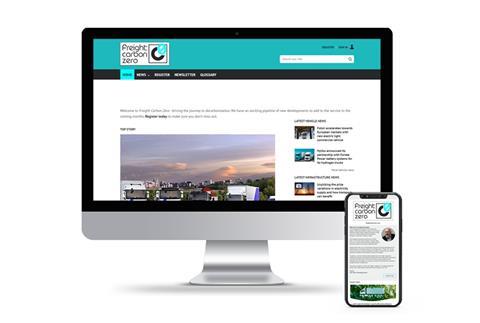- Home
- News
- Zero Carbon Vehicles
- Low Carbon Vehicles
- Vehicle Index
- Manufacturers
- Newsletter
- Podcasts
- About Us
Europe’s first national hydrogen pipeline network set to begin construction

The construction of Europe’s first national hydrogen pipeline network is set to commence this month. The Dutch project, managed by state-owned gas transmission operator Gasunie, will initially connect the Port of Rotterdam to the city’s industrial hub.
You have reached your limit of free news
Register for free today to read more content. Already registered? SIGN IN now
Want to read more?
Register for free now to access the full article.
Let us help you reach your carbon zero targets, sign up today and unlock:
- Unlimited access to breaking news, commentary and analysis around the decarbonisation of the road freight and commercial vehicle sector
- Continued access to the Freight Carbon Zero weekly newsletter, sent directly to your inbox









